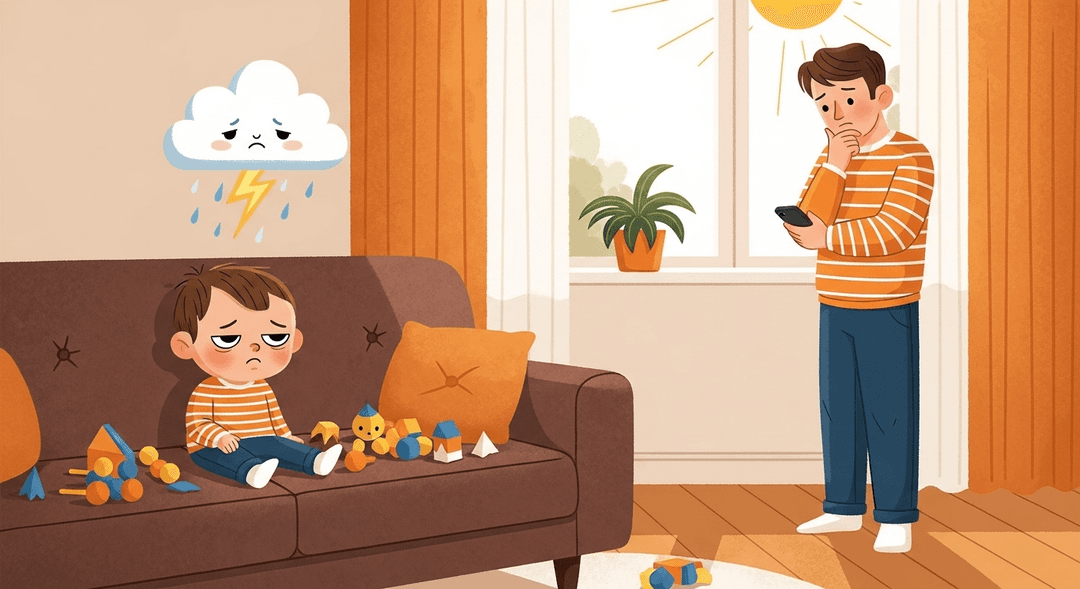Be Aware of Signs of Stress or Anxiety in Your Child
Is your tiny human suddenly acting like a grumpy cat with a thundercloud over their head, and you’re not sure if it’s just Tuesday or a full-blown ‘call-in-the-experts’ situation? Welcome to the ‘Is This a Phase or a Crisis?’ Olympics—where the gold medal is peace of mind, and the judges are your own spiraling thoughts. If you’ve ever debated whether to consult a pediatrician or just eat another cookie and hope for the best, this one’s for you.
Spotting stress or anxiety early means you can help your child learn healthy coping skills before their brain sets those worry grooves in stone. Early support = better emotional regulation, stronger parent-child trust, and less chance of their anxiety turning into a lifelong unwelcome houseguest. Plus, you get to model being proactive and calm(ish), which is a win for everyone’s neural wiring.
How to do it
-
Notice any changes in your child, such as mood swings, unusual sleep patterns, or sudden refusals to do things they normally would—like wearing pants (again).
-
Start a gentle conversation. Approach your child with curiosity, not interrogation. Think of yourself as a ‘curious detective’ rather than starring in a ‘courtroom drama’.
-
Validate their feelings, no matter how small or unusual they seem. Even if your child says, “I’m worried about the color of my socks,” let them know their feelings are heard and accepted.
-
If the stress continues or gets worse, reach out to your pediatrician or a child therapist for additional support.
-
Remind yourself: you’re not failing. You’re simply a parent navigating challenges—with WiFi and feelings.
Key Tips:
- Stay observant for subtle changes in behavior.
- Use open-ended, non-judgmental questions.
- Show empathy and patience, even for concerns that seem minor.
- Don’t hesitate to seek professional help if needed.
- Practice self-compassion; parenting is tough, and you’re doing your best.
